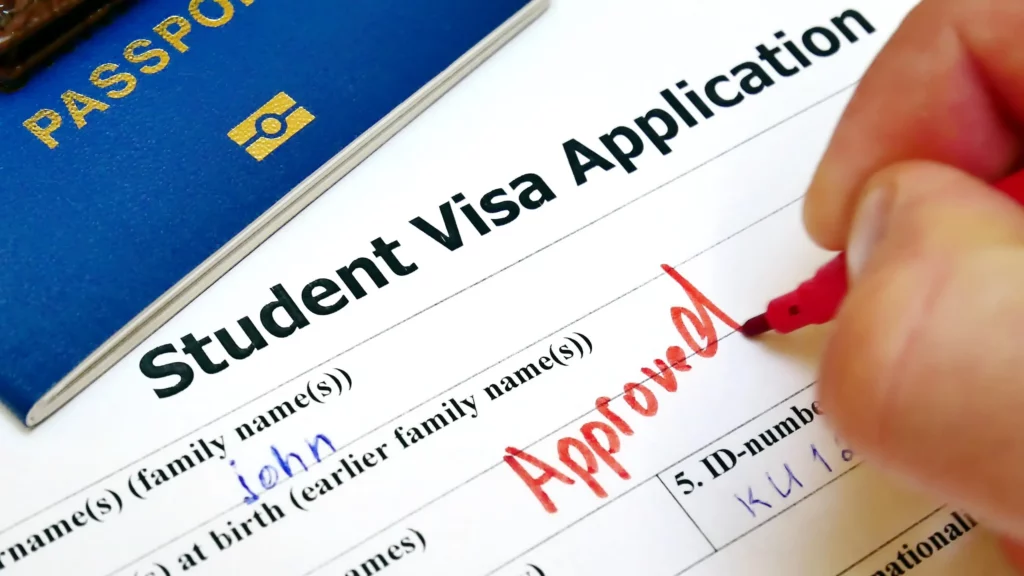
Studying abroad offers a life-changing experience, providing students with a chance to immerse themselves in a new culture and gain a global perspective. Here are some important tips involved in studying abroad.
However, the process of studying abroad involves several essential steps and considerations. In this article, we’ll explore the key processes involved in making your dream of studying abroad a reality.
Here Are Some Important Tips Involved In Studying Abroad
Researching Study Abroad Opportunities
1. Determine Your Goals And Preferences
Before starting the process, define your academic and personal goals for studying abroad. Consider factors such as the country, language, program duration, and desired cultural experiences.
2. Explore Different Study Abroad Programs

Research universities, colleges, and study abroad providers that offer programs aligned with your goals. Compare course offerings, program fees, living arrangements, and support services available to international students.
Preparing The Application
3. Check Admission Requirements
Review the admission criteria of your chosen study abroad institution. Ensure you meet the academic requirements, language proficiency, and any specific prerequisites.
4. Gather Required Documents
Collect all necessary documents, such as academic transcripts, letters of recommendation, statement of purpose, and a valid passport. Some programs may also require standardized test scores, such as the TOEFL or IELTS.
5. Start The Application Process
Submit your application form and required documents within the specified deadlines. Pay attention to any additional application fees and follow the application guidelines carefully.
READ ALSO: Any Lady Who Asks Her Boyfriend For Transport Money Is Useless – Popular Prophetess States
Financial Planning
6. Determine Your Budget
Evaluate the overall cost of studying abroad, including tuition fees, living expenses, travel, and insurance. Create a budget to understand your financial requirements.
7. Explore Scholarship And Funding Options

Research available scholarships, grants, and financial aid opportunities for international students. Check with your home country’s government, study abroad organizations, and the host country’s institutions.
8. Consider Part-Time Work Opportunities
Explore part-time job options to support yourself financially while studying abroad. Be aware of the local regulations regarding student work permits.
Visa And Travel Arrangements
9. Apply For A Student Visa

Check the visa requirements of your chosen study destination and apply for a student visa well in advance. Prepare all necessary documents and attend any interviews, if required.
10. Book Accommodation And Flights
Secure accommodation arrangements, either through the study abroad institution or privately. Book your flights and plan your travel logistics, keeping in mind any travel restrictions or health requirements.
Preparing For Departure
11. Attend Pre-Departure Orientation
Participate in pre-departure orientation sessions offered by your study abroad program. These sessions provide essential information on cultural adjustment, safety, and academic expectations.
12. Organize Health And Travel Insurance
Ensure you have comprehensive health insurance coverage during your time abroad. Familiarize yourself with local healthcare facilities and emergency contacts.
13. Notify Your Home Institutions
Inform your home university or college of your study abroad plans. Discuss credit transfer procedures and academic requirements to ensure a smooth transition.
Conclusion: Studying abroad is an exciting and transformative journey that requires careful planning and preparation.
By researching study abroad opportunities, preparing a strong application, managing finances, arranging visa and travel, and adequately preparing for departure, you can make the most of your international educational experience.
Embark on this adventure with an open mind and eagerness to embrace the diverse opportunities that await you.




